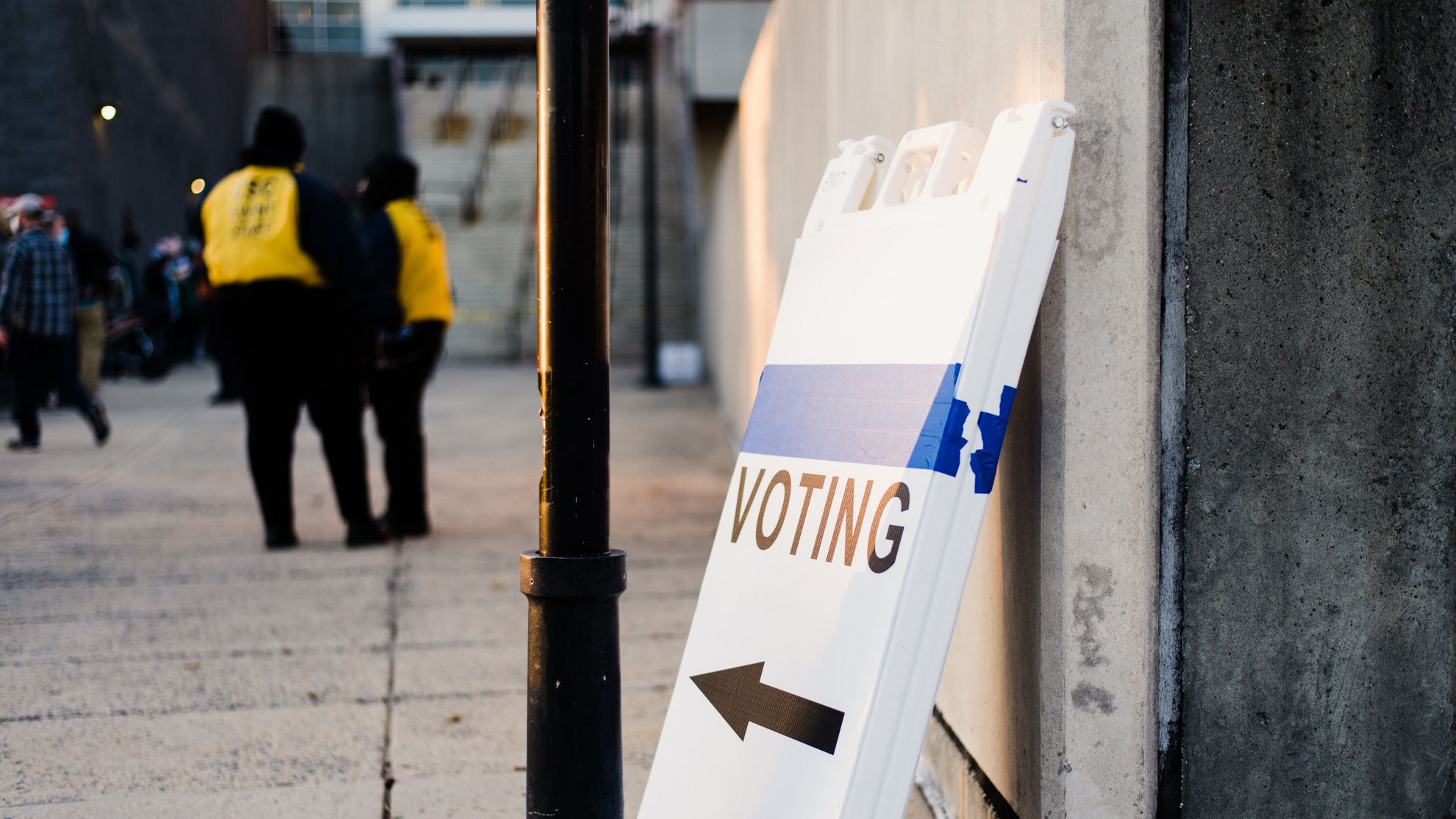Views expressed in opinion columns are the author’s own.
Three strikes, you’re out.
Major League Baseball essentially told the state of Georgia just as much last week, after the state passed a new law that will restrict Georgians’ ability to vote. The MLB decided this law didn’t reflect its values as an organization and decided to punish Georgia by moving its All-Star game out of Atlanta. Though this was the right move to punish lawmakers, what about the people who would have benefited from the jobs and economic boost the game would have provided?
If corporations really want to be socially and politically conscious, they have to be bold. Threatening economic sanctions and punishments can’t be a reaction to racist and oppressive legislation. Companies should use their economic power to apply pressure on legislators before a concerning bill is passed in order to show that they’re serious about their commitment to social values. If they don’t, they prove that they’re nothing more than performative activists whose delayed action only harms regular people.
Let’s look at Georgia. Republican lawmakers just passed a lengthy law that makes “dramatic alterations” to the state’s voting process. It’s now illegal to give out food or drinks — even just water — to voters waiting in line to vote, and Georgians must provide increased identification in order to vote absentee. This legislation will disproportionately harm Black voters, who already face an uphill battle against voter suppression in Georgia.
Delta Air Lines, which is headquartered in Atlanta, released a weak statement about its “concerns” with the law, despite having “engaged extensively with state elected officials” to keep Georgia’s elections fair and secure. Coca-Cola CEO James Quincey called the law “unacceptable” and a “step backwards,” but other than that statement, the Atlanta company has done little else to stop the law from passing.
These corporations only issued these statements or had interviews about the bill after Black executives, including former American Express CEO Kenneth Chenaul and Merck & Co. CEO Kenneth Frazier, called out the law’s potential to perpetuate racial inequities. Not only have corporations waited to make any concrete impact on Georgia’s law, but they essentially waited until Black CEOs made it socially unacceptable to not take action.
This new voting law is abysmal, but it did not appear out of thin air. Corporations had ample time to pressure lawmakers to change their minds while the bill was being debated. However, compared to the intense backlash from voting rights activists and advocacy groups, corporate America’s reaction felt insignificant and inadequate. The business community’s response to Georgia’s new law is just another example of companies being more concerned about their bottom line than their ability to take substantial action against harmful legislation.
In 2016, North Carolina was in a similar predicament, when its legislature and governor were in support of the “bathroom bill” that required transgender people to use the bathroom of their sex assigned at birth. It felt like the nation was in uproar about this atrocious law, and as soon as the bill was signed into law, companies fled North Carolina en masse. It’s estimated that the discriminatory legislation will cost the state $3.76 billion over 12 years. Yet, nce again, companies only retaliated after the bill was already signed into law. It was socially convenient to punish lawmakers after the fact, but not convenient enough to punish them while the law was being debated.
Instead of actually punishing the legislatures, this business divestment just hurts regular North Carolinians who already faced discrimination because of the transphobic law. The same thing will happen in Georgia, where ex-post facto economic punishment does nothing to the lawmakers who have already passed their agenda.
It’s not a secret that corporations want to seem likeable, socially engaged and, most importantly, woke. It doesn’t actually matter if they embody these traits or just market themselves as such, but demonstrating their commitment to the consumer’s social justice causes is a key marketing strategy. It’s clear that corporations profit off of social causes. Why do you think June, the Pride Month meant to honor the LGBTQ community, is filled with capitalist excess that’s replaced the celebration itself?
It’s great if your corporation believes in free and fair elections, but does that really matter if the company isn’t willing to put its money where its mouth is? Consumers will see through your corporation’s “dedication to social justice” if action is only taken after harm has been done. The best way for companies to demonstrate their true commitment to positive social change is to pressure lawmakers before harmful legislation is finalized.
This is the only way for businesses to create ethical policy changes. It forces lawmakers to pay attention to current economic pressures instead of thinking of them as a legislative afterthought and adequately places the economic burden on politicians, not people.
There’s no point in economic punishment if it only comes after a law has been passed. As a result of corporations miscalculating the best way to carry out social justice, everyday Georgians will face further harm and economic inequities. It’s time that MLB and its corporate colleagues use their economic prowess to fight against discriminatory legislation before it’s enacted and create change before it’s too late.
Maya Rosenberg is a junior journalism and public policy major. She can be reached at maya.b.rosenberg@gmail.com.



